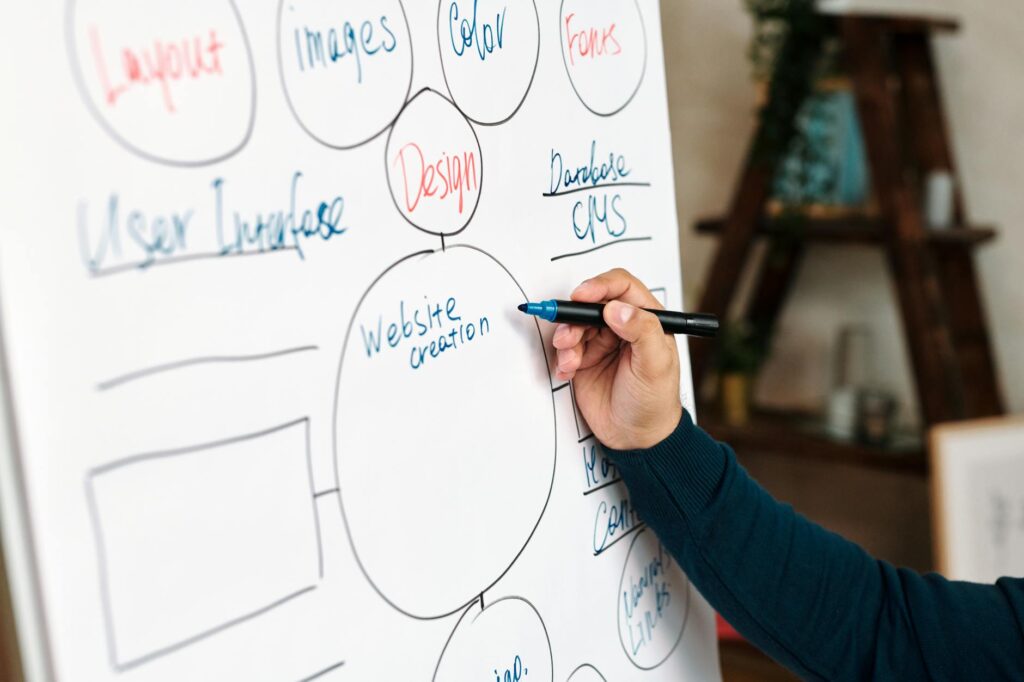What is adhd coping strategies?

What is adhd coping strategies?
ADHD, or Attention Deficit Hyperactivity Disorder, can significantly impact daily life. Individuals with ADHD often find it challenging to concentrate, manage their time, and stay organized, which can affect their personal relationships and professional life. But the good news is that effective ADHD coping strategies can help individuals manage their symptoms and lead fulfilling lives.
Understanding ADHD
ADHD is more than just an inability to focus; it’s a complex neurological condition that affects many aspects of life. Understanding this condition is the first step toward developing effective coping strategies.
What is ADHD?
ADHD is defined by three main types: inattentive, hyperactive-impulsive, and combined. Individuals with inattentive ADHD may struggle to stay focused on tasks or follow through on instructions. Those with hyperactive-impulsive ADHD tend to be restless, interrupt others, and act without thinking. The combined type features symptoms from both categories. You can learn more about the nuances of ADHD types from the American Psychiatric Association.
Common Symptoms of ADHD
The symptoms of ADHD can manifest in various ways, affecting daily function. Here are some key symptoms:
- Difficulty concentrating: This may involve losing track of tasks or being easily distracted.
- Impulsivity: Acting or speaking without thinking about the consequences.
- Hyperactivity: Constant movement, such as fidgeting or restlessness.
- Disorganization: Trouble managing time, tasks, and responsibilities.
Understanding these symptoms allows individuals to identify which strategies may be most beneficial for them, as detailed in this Harvard Health article.
Coping Strategies for ADHD
Arming yourself with effective coping strategies can be transformative. Here’s a breakdown of various techniques that can help manage ADHD symptoms.
Time Management Techniques
Time can be elusive for individuals with ADHD, but effective time management techniques can provide structure. Here are some strategies to consider:
- Use timers: Set a timer for tasks to create a sense of urgency.
- Planners and apps: Digital tools can help keep track of deadlines and appointments. Tools like Todoist or Trello can be particularly useful.
- Break tasks into smaller steps: This makes large tasks feel more manageable and less overwhelming.
Implementing these techniques can significantly enhance productivity and reduce stress. For more detailed strategies, check out GoodRx.
Organizational Skills
Staying organized is vital for managing ADHD. Here are methods to improve organizational skills:
- Declutter regularly: A tidy physical space can lead to a clearer mind.
- Create checklists: Checklists ensure that you don’t forget important tasks.
- Establish routines: Consistent routines can help create a sense of stability and predictability in daily life.
By integrating these organizational practices, individuals can create environments that minimize distractions and enhance focus.

Photo by Diva Plavalaguna
Mindfulness and Relaxation Techniques
Incorporating mindfulness and relaxation techniques can help reduce anxiety and improve focus. Here are some effective methods:
- Mindfulness meditation: Spending just a few minutes daily can enhance attention and reduce impulsivity.
- Deep breathing exercises: Simple breathing techniques can calm the mind and relieve stress.
- Yoga or tai chi: These activities promote physical health and mental well-being, helping to center your thoughts.
Engaging in these practices can create a mental space that fosters focus and tranquility. For more techniques, visit HelpGuide.
Support Systems
Building a strong support network is essential. Here’s how to create one:
- Therapy: Working with a mental health professional can provide personalized strategies for coping.
- Support groups: Connecting with others who understand ADHD can offer encouragement and practical advice.
- Involve family members: Educating family members about ADHD can foster understanding and support at home.
Support systems can provide the encouragement needed to navigate daily challenges and celebrate achievements.
Developing a Personal ADHD Management Plan
Creating a tailored ADHD management plan can streamline coping strategies into a cohesive approach.
Setting Realistic Goals
Start by setting achievable goals that align with your values and lifestyle. Consider:
- Short-term goals: These could include daily or weekly tasks.
- Long-term goals: Focus on broader aspirations, like career advancement or personal development.
Setting realistic goals creates a roadmap for success and keeps motivation high.
Monitoring Progress and Adjusting Strategies
Regularly monitor your progress to see what works and what doesn’t. If a strategy isn’t effective, don’t hesitate to adjust it. Here are a few tips:
- Keep a journal: Documenting your experiences can provide insights into your progress.
- Be flexible: Adapt your approaches based on your evolving needs.
This ongoing assessment will enhance your coping strategies and align them with your personal growth.
Conclusion
ADHD coping strategies are not just tools; they are essential pathways to enhancing productivity and achieving work-life balance. By understanding ADHD and implementing effective techniques, individuals can navigate their daily lives with greater ease and confidence. Remember, you are not alone in this journey—support is available, and with the right strategies, you can thrive. For additional resources, consider exploring ADDitude Magazine for a wealth of coping strategies and tips.